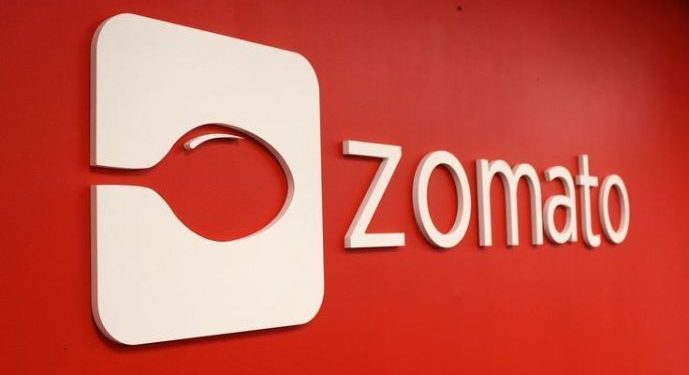New Delhi: Online restaurant guide and food ordering firm ‘Zomato’ said Monday it will invest around Rs 56 crore to set up 20 more warehouses across the country by the end of 2020 under its B2B platform, ‘Hyperpure’.
The company currently has two warehouses – one each in Bangalore and Delhi – with a combined capacity of 9,000 metric ton (MT) per month.
“We will be adding 20 more warehouses by end of 2020 across the country. To set up a hyperpure warehouse, the approximate investment is USD 4,00,000 (about Rs 2.8 crore). There is a separate cost for operationalising and scaling up,” Zomato Co-founder and COO Gaurav Gupta told this agency Monday.
With ‘Hyperpure’, the company will be able to disintermediate the supply chain, providing restaurateurs access to fresh, clean, fully-traceable food ingredients, added Gupta.
The company Wednesday launched its 40,000-sq ft warehouse in Delhi which is designed to supply 5,000 MT capacity per month and is equipped to serve 3,000 restaurants every day.
With setting up of 20 more warehouses across 18 cities, the company is targeting a combined capacity of 90,000 MT and 7,00,000 square feet, ‘Hyperpure’ founder Dhruv Sawhney informed.
The warehouses would be set up in Delhi, Bangalore, Mumbai, Pune, Chennai, Hyderabad, Kolkata, Jaipur, Ahmedabad, Chandigarh, Nagpur, Lucknow, Vadodara, Coimbatore, Kochi, Agra, Goa and Surat, stated Sawhney. Zomato is also planning to launch its warehouses in international markets, he added.
When asked about the timeline and the countries earmarked for launch of international operations, Sawhney said: “It would be in the markets Zomato is present.” He, however, did not provide any timeline or the name of the country for the international foray.
Previously known as ‘WOTU’, ‘Hyperpure’ was launched in August 2018 to supply fresh ingredients to restaurants. It is a B2B platform for supplying food ingredients to hotels, restaurants and caterers.
Hyperpure works directly with a large network of farmers, mills, producers and processors, and builds and monitors relationships with the source of each of its products.






































